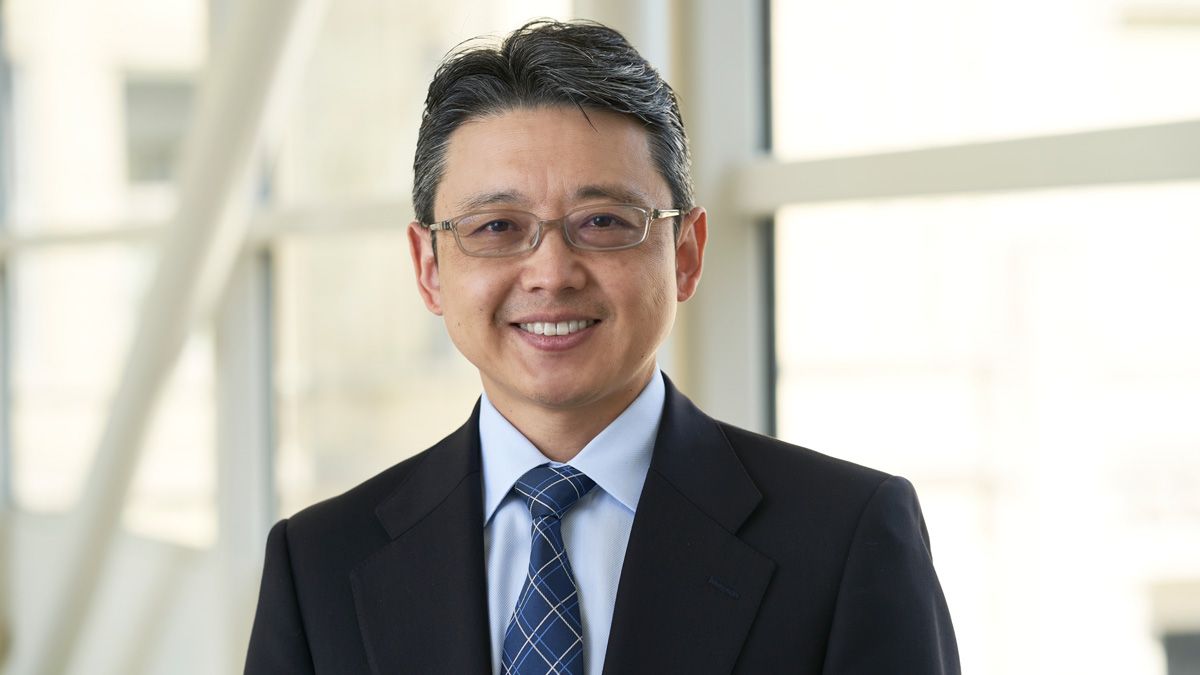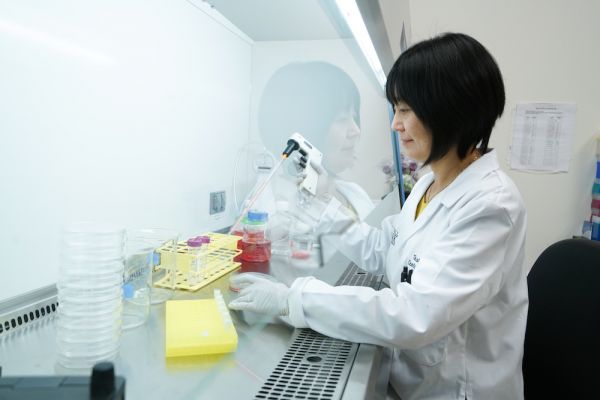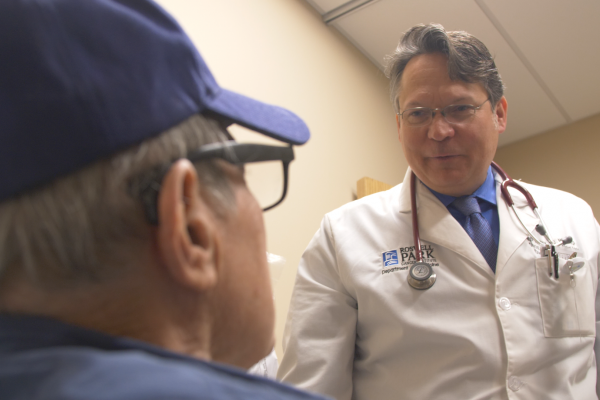In 2006, Shinya Yamanaka, a Japanese stem cell researcher, made a groundbreaking discovery that would win him the Nobel Prize.
Yamanaka discovered a new way to turn adult, dividing cells into pluripotent stem cells. Pluripotent stem cells, often called master cells, have the ability to self-renew, or make copies of themselves, and multiply indefinitely. These cells are also able to reproduce cells from all three basic body layers, giving them the ability to produce any cell or tissue the body needs to repair itself.
Up until this discovery, only embryonic stem cells were naturally pluripotent—but they came with challenging ethical issues of using cells from embryos. Yamanaka’s work opened a new world of new possibilities for scientists and cancer patients.
Stem Cells and Immunotherapy
"Roswell Park is one of the few academic institutions that has shown successful use of pluripotent stem cells (iPSCs) for treatment in cancer immunotherapy,” says Fumito Ito, MD, PhD, formerly of Roswell Park. Immunotherapy uses certain parts of a person’s immune system as a treatment to fight diseases such as cancer. That’s what these new studies with iPSCs are hoping to prove.
Headed by Dr. Ito, a team of researchers from Roswell Park, the University of Michigan and Kyoto University has recently demonstrated that human pluripotent stem cells can be recreated from exhausted T lymphocytes, a dysfunctional T cell that arises during cancer. This type of cell may play a major role in encouraging immunity response, and in fighting cancer because the T lymphocytes generated from pluripotent stem cells have been shown to be stronger in anti-tumor activity. “Our findings are highly encouraging, and we expect that this work will provide the foundation for developing personalized, immune-based therapies for patients with advanced and metastatic melanoma.”
Division of Translational Immuno-Oncology at Roswell Park
Whether you are newly diagnosed with cancer or in remission, we are making discoveries every day to harness the power of your immune system to help you in your fight against cancer.
Learn moreAvoiding Ethical Issues
Stem cell research has long been respected as valuable for studies and treatment, but the use of pluripotent stems cells offers major advantages, without ethical issues or restrictions. Pluripotent stem cells reproduce quickly, can multiply over and over again indefinitely, and are resilient during the research process, making ongoing study, research, and, eventually, treatment promising. Cells can be reproduced from adult skin or blood cells or excised tumors and can be genetically reprogrammed to repair damaged tissues in the human body. Because these cells do not come from embryos, they don’t carry ethical issues or restrictions, providing scientists and researchers with increased opportunities for important research into immunotherapy and regenerative medicine.
Stem Cell Research and Treatment
Dr. Ito believes that pluripotent stem cell research results show much promise. “Immunotherapy is revolutionizing cancer care. Pluripotent cells share many features with cancer cells, and that can help researchers investigate and understand the development and changes in cells that are caused by the disease,” he says. The pluripotent stem cells can generate infinite (or unlimited) numbers of patient-specific immune cells, persuading the body's immune system to help fight cancer.
Currently, the use of iPSCs for immunotherapy is still at the preclinical stage. “Once we can confirm with our research that using iPSCs for treatment is safe in promoting cancer immunotherapy, we will move onto clinical trials,” says Dr. Ito. Since melanoma has been found to respond well to T-cell therapy, Roswell Park plans to target melanoma first in clinical trials, but trials for other cancers such as lymphoma, leukemia, sarcoma and ovarian cancer are scheduled to follow.


